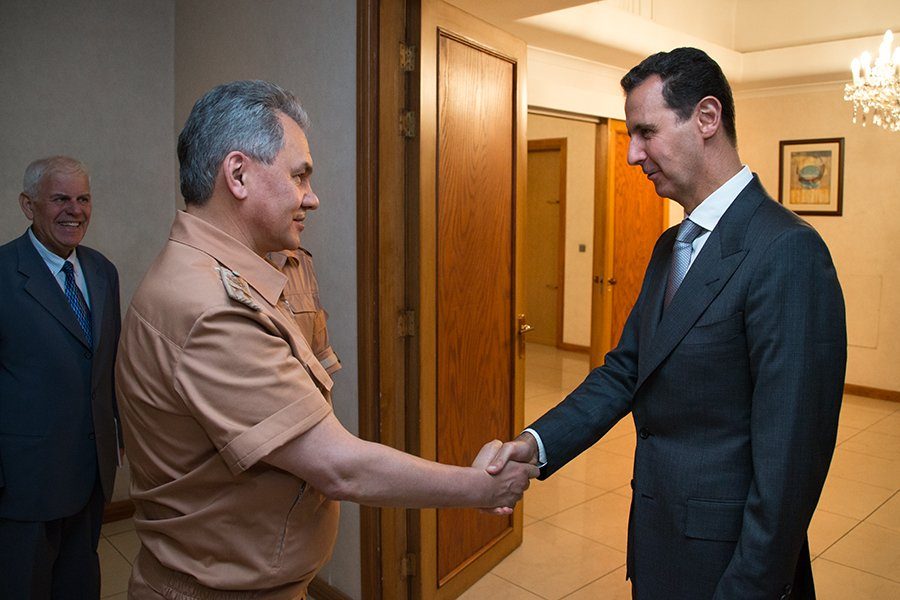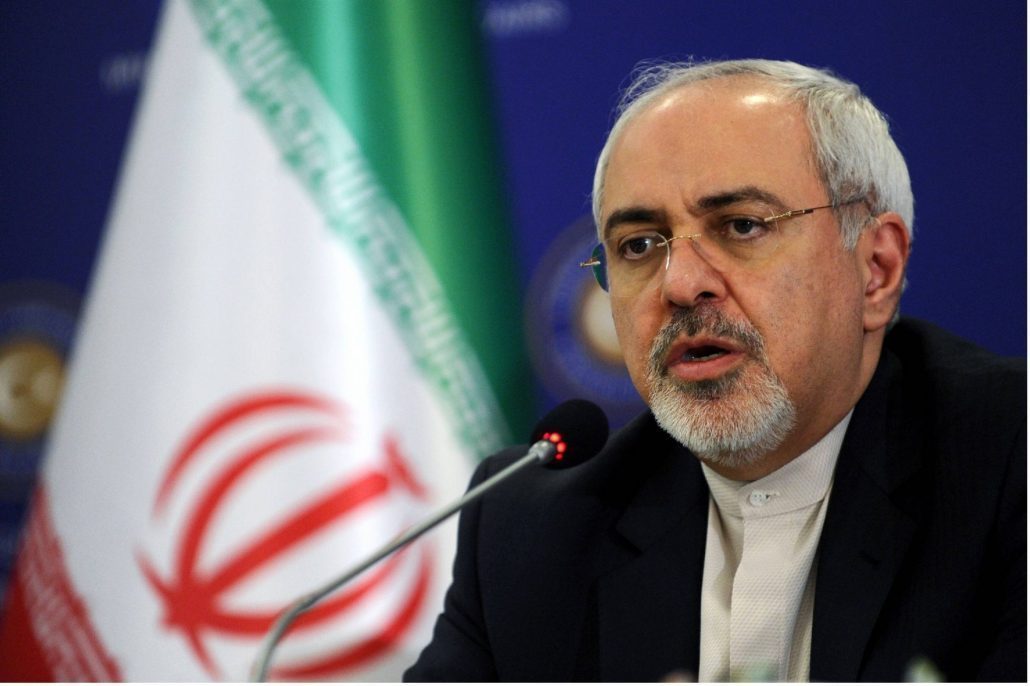
Middle East Observer – Russia will support Bashar al-Assad leaving office, but only when it is confident a change of leader will not trigger a collapse of the Syrian government.
Getting to that point could take years, and in the meantime Russia is prepared to keep backing Assad, regardless of international pressure to jettison him, those sources said.
Such steadfast support is likely to further complicate already stalled peace talks with Assad’s opponents and sour relations with Washington which wants the Syrian leader gone.
“Russia is not going to part company with Assad until two things happen,” Sir Tony Brenton, Britain’s former ambassador to Russia, told Reuters.
“Firstly, until they are confident he won’t be replaced with some sort of Islamist takeover, and secondly until it can be guaranteed that their own position in Syria, their alliance and their military base, are sustainable going forward.”
The Kremlin, which intervened last year to prop up Assad, fears turmoil in his absence, thinks his regime too fragile for major change, and believes there’s much fighting to do before a transition, say multiple Russian foreign policy sources.
Russia and the United States are co-sponsors of peace talks between the warring sides in the Syria conflict. Those talks, currently on hold, have so far carefully skirted the question of whether a peace deal would require Assad’s departure, so negotiations could theoretically limp along despite the contradictions between the positions of Moscow and Washington.
Moscow has signaled its support for Assad has limits. Russian diplomats have said the Kremlin is backing the Syrian state, not him personally. President Vladimir Putin has said it would be worth considering how members of the opposition could be incorporated into Syrian government structures.
Such talk has fueled Western hopes that Russia might help broker Assad’s exit sooner rather than later.
But sources close to the Kremlin say there are no meaningful signs Russia is ready to cut him loose anytime soon.
“I don’t see any changes now (in Russia’s position on Assad,” said Elena Suponina, a senior Middle East analyst at the Moscow-based Russian Institute for Strategic Studies, which advises the Kremlin. “It’s the same and why change it?”
The Syrian crisis started as a peaceful uprising six years ago asking to end injustice in the country. However, Assad regime used violence and brutality against civilians and forces people to hold arms. During the chaos, extremists appeared and sought to achieve their own agendas.
Leaving Assad or supporting him?
On the contrary, state media, which toes the Kremlin’s line, suggests Russia is instead doubling down on Assad and trying to shut down any U.S. attempts to discuss his future.
Dmitry Kiselyov, presenter of the main weekly TV news show Vesti Nedeli, told viewers this month that a surprise visit to Syria by Russian Defence Minister Sergei Shoigu was a message to Washington to stop trying to pressure Moscow over Assad.
“Shoigu’s visit and his meeting with Assad is a definite signal from Russia,” said Kiselyov, reputed to be one of Putin’s favorite journalists.
“Who is it the Americans want to see in Assad’s place? Nobody in Washington, including Obama, has explained.”
Fyodor Lukyanov, a foreign policy expert close to the Kremlin who edits the Russia in Global Affairs journal, said there had been talk inside the Russian government about Assad’s future and that he thought a deal was there to be done one day.
But he told Reuters Russia’s current position was “wait and see”, that the Kremlin wanted to first see who became the next U.S. president, and that it would need a lot of time to come up with a plausible alternative to Assad if and when it wanted to.
“How do we know if we remove him the whole system is not going to collapse,” said Lukyanov. “There is a risk of that.”
West cooperating secretly with Assad regime
Bashar al-Assad, the current Syrian president and the root cause of the Syrian crisis, said in an interview to be broadcast on Friday that Western countries had sent security officials to help his government covertly in fighting Islamist militants that fight in Syria.
Assad said Western states – who are strongly opposed to his rule but also face the threat of Islamist attacks at home – were secretly cooperating with his government in counter-terrorism operations.
The interview was made in remarks to Australia’s SBS News channel that were carried by Syrian state media,
“They attack us politically and then they send officials to deal with us under the table, especially the security, including your [the Australian] government,” Assad was quoted as saying.
“They don’t want to upset the United States. Actually most of the Western officials, they only repeat what the United States want them to say. This is the reality,” he said.
There was no immediate comment from Western governments.



